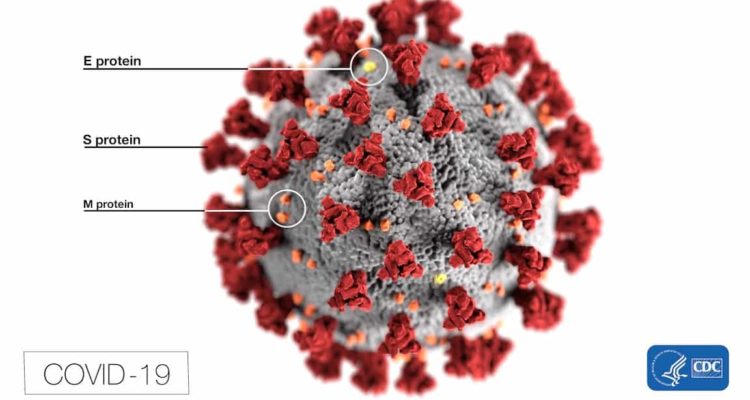
A common reason people see a doctor is for feeling tired or lacking in energy. The feeling of fatigue at times is normal especially after mentally or physically pushing beyond a set limit for work, pleasure or acute illness. Your ability to tolerate any added stress is dependent on many factors including your physical, mental and emotional fitness level, your lifestyle habits and your social support. Luckily most fatigue is temporary lasting several minutes to a few weeks requiring only a little rest and nourishment for a full recovery.
Fatigue vs sleepiness
Sleepiness is an impairment of arousal often due to inadequate or poor quality of sleep. Lack of sleep is often relieved by taking a brief midday nap, scheduling more primary sleep time and developing good sleep habits. Activity usually improves sleepiness during the focused task or exercise and for a short duration after by increasing arousal. But with fatigue poor endurance during activity and delayed recovery after are more typical. Fatigue is often accompanied by weakness and non-restorative sleep despite adequate time and quality. Here is a helpful tool that may help differentiate fatigue from sleepiness:
Types of fatigue
Fatigue can be classified as physiologic, secondary or chronic. Physiologic fatigue is usually the result of an imbalance in exercise, diet, sleep, alcohol/drug use or other activity AND is not due to an underlying medical condition. Secondary fatigue lasts no more than 6 months and is caused by an underlying medical condition that if properly treated resolves or significantly improves. Chronic fatigue last longer than 6 months and can due to an underlying significant medical condition.
Physiologic Fatigue
This is the most common and includes psychological fatigue from mental stress. Studies show that 24% of adults experience this type of fatigue for over 2 weeks and especially common in adolescents and older adults. Psychological features like diminished motivation and boredom (yawning) are commonly present. This type of fatigue is often multifactorial in cause and due to the usual suspects: Poor sleep habits, lack of exercise, poor nutrition and work stress. Treatment may include improving dietary habits, stress management, meditation, exercise, a vacation from work, taking brief midday naps to mentally reset and improving sleep hygiene.[i]
Secondary Fatigue
Common causes of secondary fatigue are medications, substance abuse, pregnancy, depression and anxiety. The more medications a person is on (including natural supplements) the more likely this is source due to overlapping side effects or interactions. Even some “energy boosters” can cause people to feel tired so user beware especially if a habitual user of them. If medications are suspected consult with your primary care specialist before stopping them or reducing them. A 6-week trial of an antidepressant and/or counselling may help depression or anxiety related fatigue. Exercise has been shown to help most secondary causes of fatigue whatever the reason is by improving mental and physical fitness thus increasing energy reserve. Also “de-stressing” with group therapy, yoga or meditation can improve symptoms but rarely back to an optimal state alone unless the source of stress is eliminated or reduced to a more manageable level. Episodic or temporary use of stimulants or caffeine can be beneficial but need to be limited or they lose effectiveness and and disrupt states of arousal.
Chronic Fatigue
This is fatigue caused by a medical condition and last longer than 6 months. This is best managed by a strong relationship with your primary care physician to individualize your care plan and improve lifestyle habits to optimize your health. For some people with chronic fatigue the cause is never discovered, and the diagnosis of chronic fatigue syndrome may be appropriate whether or not the specific criteria is met.[ii]
Seeing the Doctor
When to seek a consultation for fatigue varies. If you have mild symptoms and no red flag symptoms (listed below) then trying lifestyle changes and improving sleep hygiene for 4-6 weeks is reasonable. If you suffer severe fatigue or have red flag symptoms you should see a doctor right away. If you are really concerned or feel it may be something serious it is always best to seek consultation if for nothing more than reassurance when it comes to your health.
Red Flag symptoms include:
- Unexplained weight loss
- Swollen glands or joints
- Swelling of the feet or ankles
- Chest pain
- Shortness of breath
Primary Care Specialist Consultation
At the visit the doctor will take a careful history including lifestyle habits, do a focused exam and likely order initial labs. The labs should include a complete blood count, metabolic panel, thyroid test, HIV and an inflammatory marker, and may include some other labs depending on the context of symptoms. Lab results only uncover a diagnosis in about 5% when the source of fatigue is not readily appreciated with the history and physical. Unfortunately, 30% of the time the source is never found despite an exhaustive work up, but fortunately if not discovered it is very rarely anything life threatening or critical.
In closing
It would be great to have an extra battery to tap whenever we need a boost. I have never had a patient complain about having too much energy and I do not see advertisements for “energy reducers”. Feeling tired at times is usually just a sign you have extended yourself recently. The best way to fight fatigue is to increase your mental and physical fitness reserve with a healthy diet, regular exercise and adequate quality sleep.
(Source: Fatigue: An Overview. THOMAS C. ROSENTHAL, MD; BARBARA A. MAJERONI, MD; RICHARD PRETORIUS, MD, MPH; and KHALID MALIK, MD, MBA. Am Fam Physician. 2008 Nov 15;78(10):1173-1179.)
References:




